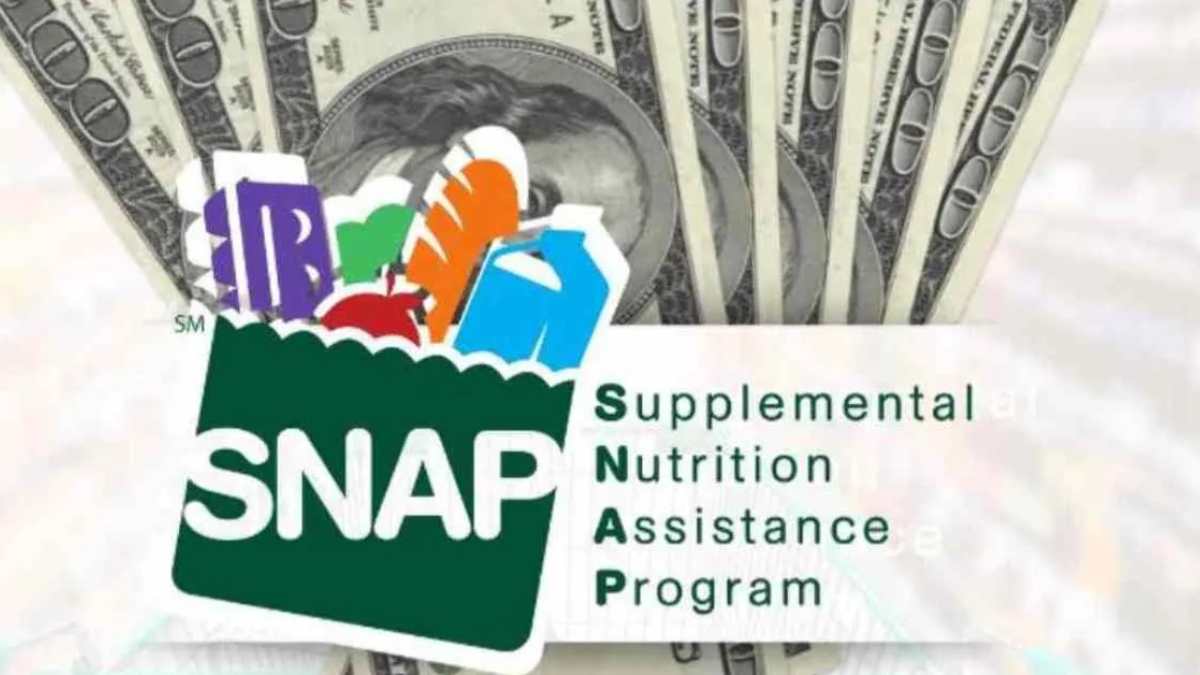The Supplemental Nutrition Assistance Program (SNAP), commonly known as food stamps, is set to undergo significant changes in 2025. While the program is vital for millions of low-income Americans, some individuals may see a reduction or even a complete loss of benefits due to updated eligibility rules. These changes aim to streamline the program, enforce stricter requirements, and ensure that resources are allocated to the neediest families. Here’s a breakdown of the key changes and who could be impacted.
1. Tightening Work Requirements for Able-Bodied Adults Without Dependents (ABAWDs)
One of the most significant changes to SNAP in 2025 is the tightening of work requirements for Able-Bodied Adults Without Dependents (ABAWDs). Under the new rules, individuals aged 18 to 54 who do not have dependents will need to work 20 hours per week in order to maintain eligibility for benefits. This marks a key shift from previous regulations, which applied work requirements to ABAWDs aged 18 to 49.
This change could have a profound impact on people who are already struggling to find stable employment or have part-time jobs that do not provide the required number of hours. Those in rural or economically disadvantaged areas with limited job opportunities might find it particularly difficult to meet the new work requirements. Additionally, individuals who experience job loss or face barriers to consistent employment could see their SNAP benefits cut off, despite their ongoing need for assistance.
2. Revised Income and Asset Limits
Another important shift involves adjustments to income and asset eligibility requirements. While the poverty threshold continues to be the determining factor for many recipients, the new rules are expected to raise the income and asset limits, reducing the number of households that qualify for assistance.
Individuals or families who experience even a modest increase in income—whether through a raise at work, government assistance, or a one-time bonus—could become ineligible for benefits. Similarly, those who come into possession of assets, such as a tax refund, inheritance, or savings, may see their eligibility revoked if they exceed the asset limit.
This adjustment is particularly challenging for individuals who experience fluctuating income or those who rely on seasonal or temporary work. Even a short-term spike in earnings could result in losing benefits for an extended period of time, making it harder for people to stabilize their financial situation.
3. More Frequent Reporting and Documentation
Under the 2025 changes, SNAP recipients will be required to submit more frequent updates regarding their income, household composition, and employment status. This is to ensure that the program is serving those who are most in need and prevent fraud. The increased paperwork burden could be overwhelming for individuals already juggling work, childcare, or other responsibilities.
Failing to report any changes on time or providing inaccurate documentation could result in the suspension of benefits, leading to significant hardship for recipients. For individuals who struggle with keeping track of paperwork or understanding the reporting requirements, this could be a major barrier to continued access to food assistance.
4. How to Prepare for the Changes
While the changes to SNAP requirements may seem daunting, there are several steps that recipients can take to ensure they remain eligible:
- Track Work Hours: Make sure to keep a clear record of your employment hours to ensure compliance with the new work requirements.
- Stay Updated on Income Changes: If your income fluctuates, make sure to report any changes promptly to avoid losing benefits unexpectedly.
- Maintain Accurate Records: Keep track of your household composition and any changes to ensure you meet the eligibility criteria.
- Seek Help if Needed: Many states offer support services to help navigate the new SNAP rules. If you’re uncertain about your eligibility, reach out to your local SNAP office for guidance.
These steps can help reduce the risk of losing food assistance in 2025 and ensure that you and your family continue to receive the support you need.
For more details on SNAP eligibility requirements and updates, check out CNS News or Mike and Jon Podcast.
By staying informed and proactive, recipients can better navigate the upcoming changes and maintain their access to vital food assistance.
Note: Every piece of content is rigorously reviewed by our team of experienced writers and editors to ensure its accuracy. Our writers use credible sources and adhere to strict fact-checking protocols to verify all claims and data before publication. If an error is identified, we promptly correct it and strive for transparency in all updates.







